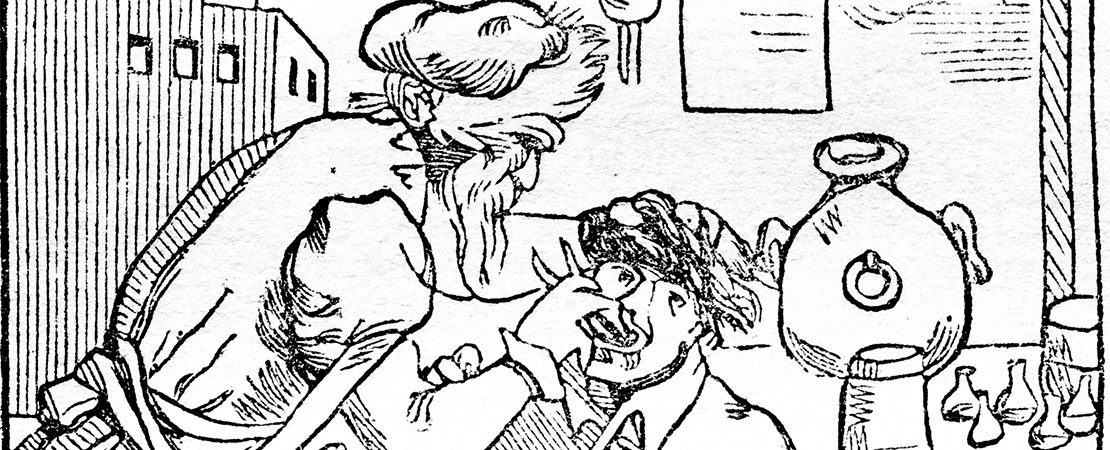Hundreds and thousands of years ago, “tooth worms” were actually thought to be the cause for decay and toothaches, but after decades of advancements in dentistry, this is no longer the case.
It may seem odd to some, but not too long ago, toothbrushes, toothpaste and many other dental care products and treatments that we’re lucky to have today didn’t even exist. Modern dentistry has allowed for more precise, durable and comfortable treatment options to treat different dental conditions that can result from bacteria or plaque (not exactly “tooth worms”).
The Beginning of Dentistry
Recent evidence has shown that “dentistry” actually dates back to around 7,000 BC. Remains of the Indus Valley civilization have shown holes in teeth, caused by ancient “dental drills.” The first mention of dentistry dates back to 5,000 BC in a Sumerian text which describes “tooth worms” and explains them as the cause of dental decay, pain, and complications. Oddly enough, the idea of “tooth worms” existed until 1700 AD, just a few hundred years ago!
The First “Dentist”
Hesy-Re was an Egyptian scribe who has been described as the first “dental practitioner” back in 2600 BC. His tomb was inscribed with the saying “the greatest of those who deal with teeth, and of physicians.”
Invention of the Toothbrush
The idea of a toothbrush dates back to 3000 BC, in which ancient civilizations used a “chew stick” to clean their teeth. It wasn’t until 1498 that the first toothbrush remotely similar to what we use today was invented. These were typically made from handles of bamboo or bones, with bristles made from hog hair.
In 1938, nylon bristles were introduced to the world by Dupont de Nemours, and with mass production during the industrial revolution, it was easier than ever for someone to have their very own toothbrush!
As time goes on, we continue to get further and further ahead in dentistry. From chew sticks to toothbrushes and tooth worms to cavities, we sure have come a long way in understanding the importance of our oral health and how to best care for our smiles.

